Program Manager Mia Glover and Communications Coordinator Haley Stein traveled to Charleston the first weekend of November to attend the Slow Fish 2024 gathering. An arm of Slow Food USA, Slow Fish North America is “a grassroots network of fish harvesters, fishmongers, distributors, retailers, chefs, researchers, educators, youth and advocates working to support local, values-based seafood systems.”
Slow Fish aims to counter the industrialized food system and offer a practical solution: a transparent supply chain that sustains both fish populations as a natural resource and the community of local, US-based seafood harvesters.
At the conference in Charleston, Mia and Haley learned all about current topics in aquaculture and fishery, what it means to choose values-based seafood, what it’s like to fish outside of commercially driven spaces, and creative ways communities are finding to use the whole fish.
It wouldn’t be a real seafood conference without a sampling of freshly harvested, all-American seafood, which conference-goers enjoyed creatively prepared with local flavors by local chefs in Charleston!



Mia presented on the collaborative Aqua Atlas project, an initiative designed to transform the approach and implementation of aquaculture, emphasizing community-centered, environmentally sustainable, and economically just practices.
The Aqua Atlas effort hopes to provide a holistic framework supporting and expanding sustainable practices across the United States, with potential for international application. It will offer practical tools and resources tailored for policymakers, community leaders, scientists, practitioners, and consumers who are committed to regenerative seafood production. The project team is currently engaging with experts, policymakers, practitioners, Indigenous leaders, and community members nationwide to gather valuable insights and shape the Atlas’s content.


The goal of the Atlas is to create a resource that supports biodiversity and uplifts local communities by mapping out existing aquaculture practices, identifying ecologically sustainable strategies, addressing regulatory challenges, and proposing innovative methods. The content will include policy templates and budget guidelines for regional legislation, directories of funding sources to empower local farmers, scientific resources and research gap analyses, and mapping tools highlighting areas where values-based practices are already in place or can be expanded.
Look forward to more of that project coming soon! In the meanwhile, to be a more values-based consumer of seafoods, check out the Local Catch network to discover how you can eat the most ocean-friendly seafood in your area.

